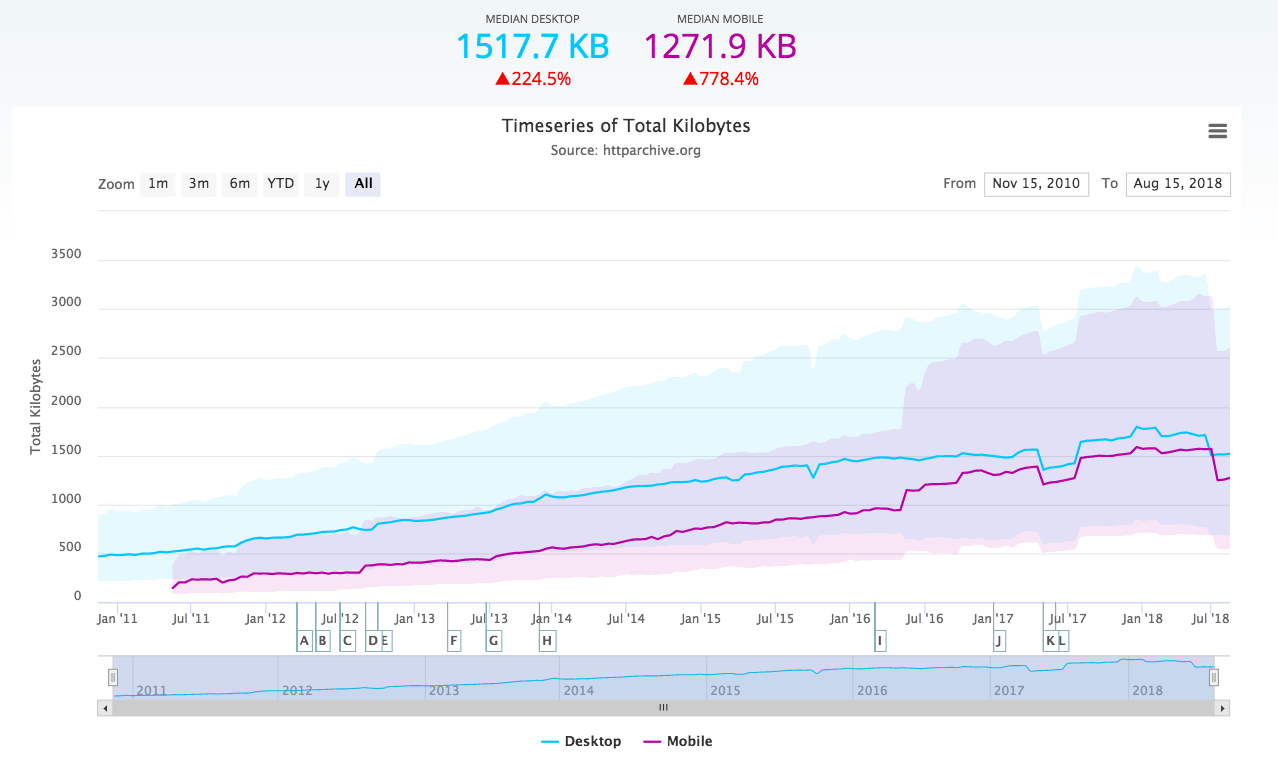
People are getting used to broadband connections, more powerful web browsers, and a speedier web experience in general. A new study shows how the expectations of Internet users have changed significantly over the last couple of years. We expect websites to be a lot faster.
The survey was commissioned by Akamai, the world’s largest content delivery network (CDN) provider, as a follow-up to a similar survey made back in 2006. On behalf of Akamai, Forrester Consulting surveyed 1,048 online shoppers about their expectations when shopping online (on retail sites, travel sites, etc).
Now here is a highly interesting result when you compare the new study with the old one: In the old study from 2006, people got restless if an ecommerce site took more than four seconds to load. In the 2009 study, people got restless if an ecommerce site took more than two seconds to load.
That’s a big difference. Internet users expect web pages to load twice as fast in 2009 as they did in 2006. User expectations have changed significantly in just three years.
Here are some of the findings from the study:
- 47% expect a web page to load in two seconds or less.
- 40% will abandon a web page if it takes more than three seconds to load.
- 52% of online shoppers claim that quick page loads are important for their loyalty to a site.
- 14% will start shopping at a different site if page loads are slow, 23% will stop shopping or even walk away from their computer.
- 64% of shoppers who are dissatisfied with their site visit will go somewhere else to shop next time.
Although this study focused on ecommerce sites, the findings should be relevant to any site owner regardless of the type of site since the results clearly show how big an effect slow load times can have on user behavior.
This is of course something that Akamai, which provides services that speed up websites, wants to shine a spotlight on.
That site performance affects user behavior has been shown in a ton of studies through the years by big players like Google, Yahoo, and others. Just a couple of weeks ago we wrote about a study of Facebook user behavior and how site performance affects page views. Site performance can be more important than you imagine when it comes to your bottom line as a site owner.
Photo by: Jason Bechtel.


























